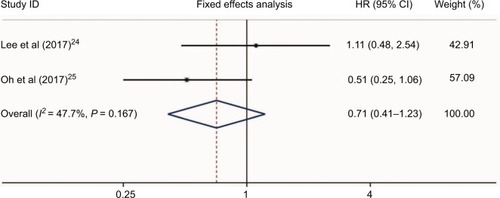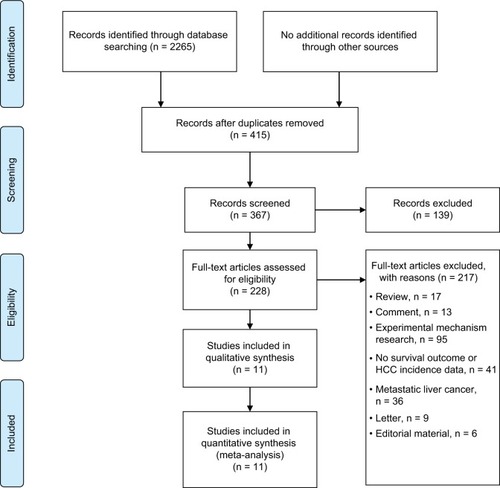Figures & data
Table 1 Characteristics of studies with HCC occurrence risk data
Table 2 Baseline characteristics of studies with HCC survival outcomes
Table 3 NOS quality assessment of included studies (case control studies and cohort studies)
Figure 2 NSAIDs, including aspirin use and HCC risk. The use of NSAIDs, including aspirin and HCC risk (A); publication bias of included studies by Begg’s (B) and Egger’s tests (C); and sensitivity analysis of included studies (D).
Abbreviations: NSAIDs, nonsteroidal anti-inflammatory drugs; HCC, hepatocellular carcinoma.
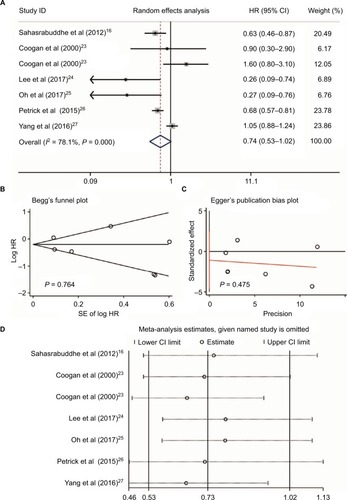
Figure 3 Subgroup analysis of links between NSAIDs and HCC risk based on NOS scores (A) and study design (B).
Abbreviations: NSAIDs, nonsteroidal anti-inflammatory drugs; HCC, hepatocellular carcinoma.
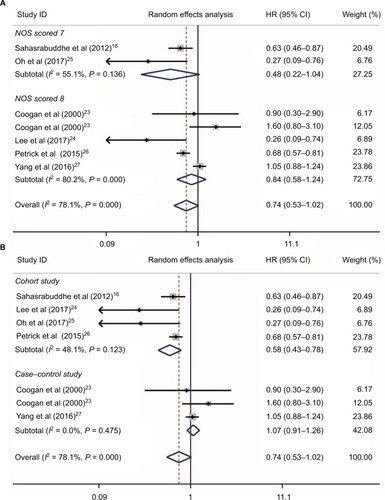
Figure 4 Aspirin use and HCC risk. Relationship between the use of aspirin and HCC risk (A); publication bias of included studies by Begg’s (B) and Egger’s tests (C); and sensitivity analysis of included studies (D).
Abbreviation: HCC, hepatocellular carcinoma.
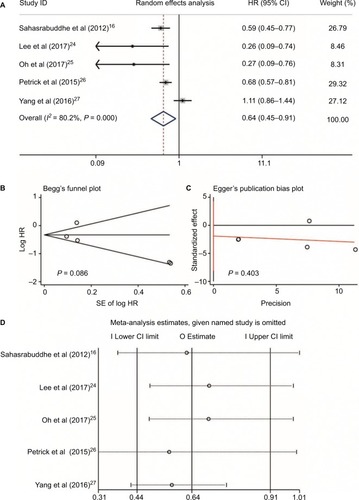
Figure 5 Non-aspirin NSAIDs use and HCC risk. Relationship between the use of non-aspirin NSAIDs and HCC risk (A); publication bias of included studies by Begg’s (B) and Egger’s tests (C).
Abbreviations: NSAIDs, nonsteroidal anti-inflammatory drugs; HCC, hepatocellular carcinoma; COX-2, cyclooxygenase-2; PAD, propionic acid derivatives; FAD, fenamic acid derivatives; AAD, acetic acid derivatives; EAD, enolic acid (oxicam) derivatives
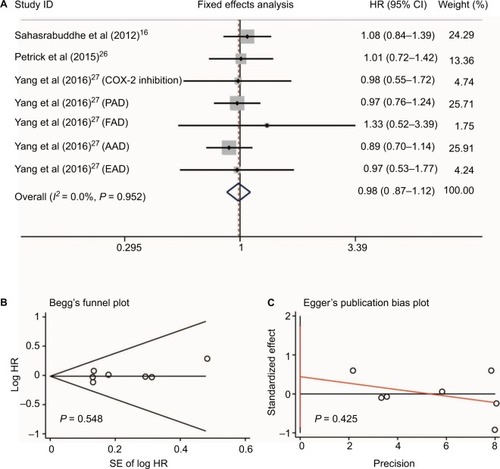
Figure 6 Relationship between NSAIDs use and disease-free survival (A) and overall survival (B) in HCC patients.
Abbreviation: HCC, hepatocellular carcinoma.
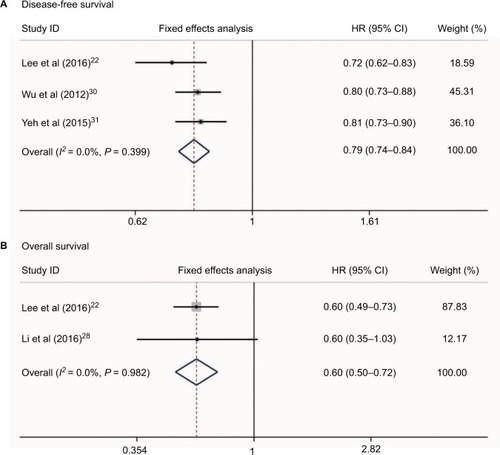
Figure 7 Two-year (A) and 4-year mortalities (B) of HCC patients who received aspirin treatment.
Abbreviation: HCC, hepatocellular carcinoma.
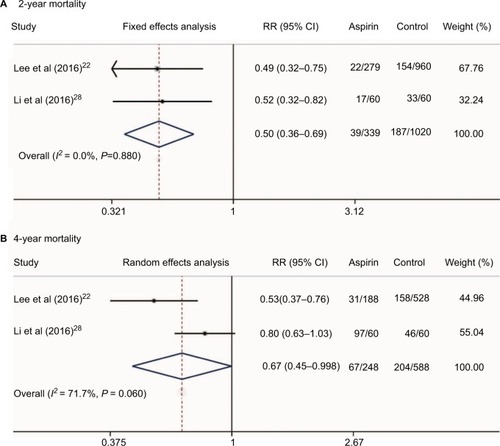
Figure 8 Bleeding risk of HCC patients who received aspirin treatment.
Abbreviation: HCC, hepatocellular carcinoma.
